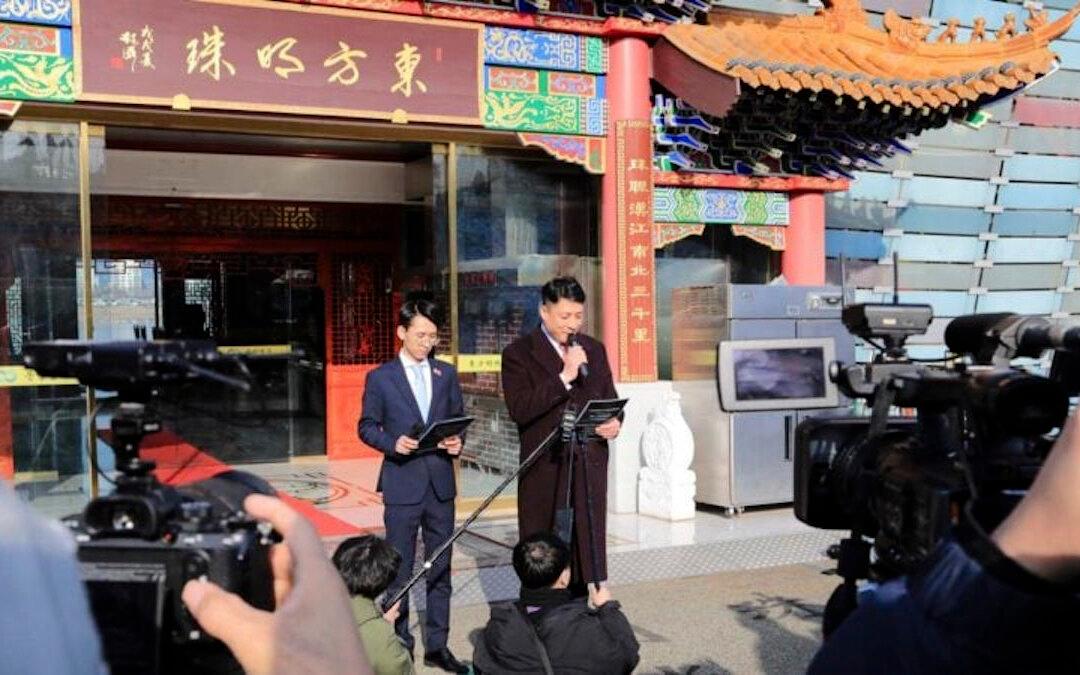South Korean police investigated a Chinese restaurant in Seoul for operating as a suspected secret Chinese Communist Party (CCP) police station that was involved in forcibly repatriating Chinese dissidents. The owner also allegedly played other key roles in overseas associations linked to the CCP.
China’s covertly deployed overseas police stations have been increasingly exposed in many countries, promoting alarm. Public opinion suggests that the South Korean government urgently needs to revise its “espionage law” to cope with national security threats posed by communist China.





